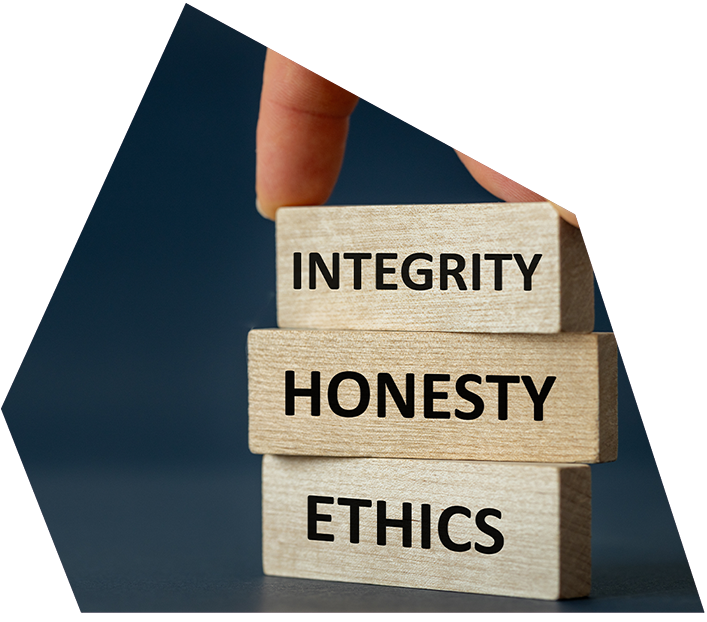
-
What We Do
-
How We Think
-
Our People
-
Our Offices
-
About Us
-
Get In Touch

So, you’ve embarked upon a complex procurement project and you know you need an external probity advisor, but how do you know if you need a legal probity advisor or a non-legal probity advisor? What’s the difference anyway and when do you need which one?
Let us clarify this for you. Here at Synergy Group Australia, we can (and do) provide both legal and non-legal probity advisory services. Below is a brief guide to assist you to choose what is best for you and your procurement.
Firstly, why and when you need an external probity advisor:
Whichever you chose, probity advisors are key in ensuring that your procurement process is conducted to the highest ethical standards, ensuring that the procurement is fair and transparent, while ensuring that the procurement activity can withstand audit scrutiny.
An external probity advisor will work with your procurement team to review all procurement documentation and oversee the process to ensure that tenderers are treated fairly and equitably, being provided commensurate information, ensuring all parties are afforded the same opportunity to bid for the Commonwealth’s valuable work.
The probity advisor will work with the procurement team to oversee the approach to market, evaluation and decision processes, ensuring that the procurement is conducted in accordance with the requirements of the Commonwealth Procurement Rules and associated frameworks.
The external probity advisor should be engaged as early as possible in the procurement process. This ensures that the correct processes and procedures are set up initially, ensuring probity matters and conflicts of interest are managed holistically from the outset. Most importantly, an external probity advisor should at all times remain independent and help evidence probity of process.
What is the difference between legal and non-legal probity?
A legal probity advisor, as a qualified lawyer, provides specialised advice on legal issues associated with the probity of the procurement and has a particular focus on legal compliance and managing complaint processes. They can also assist you with advice on handling legal disputes related to the procurement activity, if any should arise subsequently. Any legal advice provided may be subject to legal-professional privilege so can help with highly complex procurements where probity questions have been raised well before the procurement has commenced.
A non-legal probity advisor, has extensive procurement experience and provides guidance on the probity of the procurement process with a particular focus on ethics, aligned to the Commonwealth Procurement Rules (CPRs) and the associated Department of Finance guidance. Their advice will be reflective of best practice, including integrity, process and compliance. Most procurements will use the services of a non-legal probity advisor to ensure any probity matters are dealt with at the procurement stage and are actively managed throughout to avoid complex challenges later.
Non-legal probity advisors will generally be pragmatic, with a broader focus on the procurement process and able to respond to clients with a high degree of practicality given their previous involvement and expertise in procurement activities. Non-legal probity will focus on broader risks as they exist for that procurement activity.
How do I choose which is right for me?
Let me start by acknowledging, this is a hard question to answer. Both legal and non-legal probity advisors are incredibly useful to the Commonwealth in ensuring that their procurement process meet the requirements of the CPRs.
The advice we generally provide is that when you have a highly complex procurement activity with significant regulatory complexity, a legal probity advisor is best. This team may likely need assistance with complex compliance matters where the legal probity lens is useful.
For most procurements, a non-legal probity advisor may be a better choice as they will be able to provide holistic guidance to the team and assist the team to defer to legal advice when complex matters arise. Further a non-legal probity advisor will provide advice aligned to best practice based on extensive experience in procurement activities.
In both instances, a separate legal advisor should be made available for all procurement activities, particularly when any bespoke contracts are required to be drafted for the procurement. This can be internal or external, depending on the risk, scale and complexity of the procurement activity. When a legal probity advisor is used, care should be taken that they are not being used to provide more broad legal advice.
How do I access legal probity advisors?
You can access legal probity advisors, easily and effectively through the Legal Services panel (SON4072331). The panel can be accessed through the Attorney General’s Portal.
How do I access non-legal probity advisors?
Non-legal probity advisors can be accessed through the Department of Finance’s Management Advisory Services Panel (SON3751667).



